
As the name implies, content marketing accomplishes marketing goals such as attract new customers or engage existing customers to win more business from them and solidify their loyalty. But is that all content marketing can do? What if your organization could monetize your content marketing?
Well, you don’t have to wonder. Lego, Red Bull, Mayo Clinic, Cleveland Clinic, and many other companies have matured their content marketing programs to the point they earn revenue on their own. After a lot of hard work, they earned the opportunity to monetize. Let’s walk through a few examples so if you earn a similar opportunity, you can take advantage.
Maximizing ROI from your advertising
The first way to monetize your content is through advertising. A common way to do that is to collect data when customers interact with your content and then use that data to drive your advertising.
As an example, Kraft Foods credits content marketing with delivering four times the return on their investment in advertising compared to advertising alone. According to Kraft’s Julie Fleischer, one key to their success has been approaching content the same way they approach paid advertising. “Relevant content programmed strategically with your advertising makes your advertising work harder for you.”
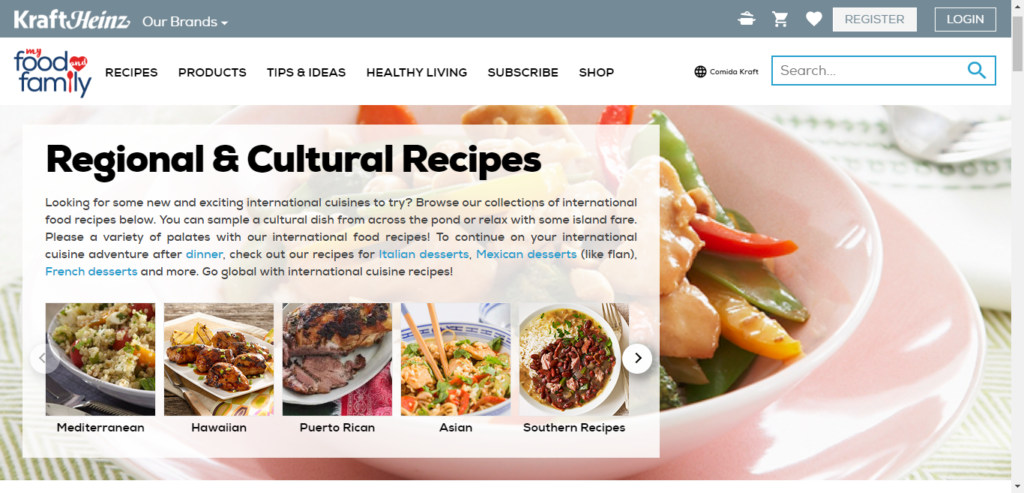
Outside advertising or sponsorship
This means you attract such a large and distinct audience that other companies will pay you for the chance to advertise in your content or sponsor content. The rise of native ads has proven to be quite lucrative for many publishers and advertisers.
If you have ever started to feel sick and Googled your symptoms, chances are you have come across content from Mayo Clinic and Cleveland Clinic. Both of these respected health institutions started offering content to connect with and educate their potential patients. And both clinics have grown large health audiences—Cleveland Clinic alone gets more than six million views each month. This enables them to run advertising on their websites that pays them revenue.
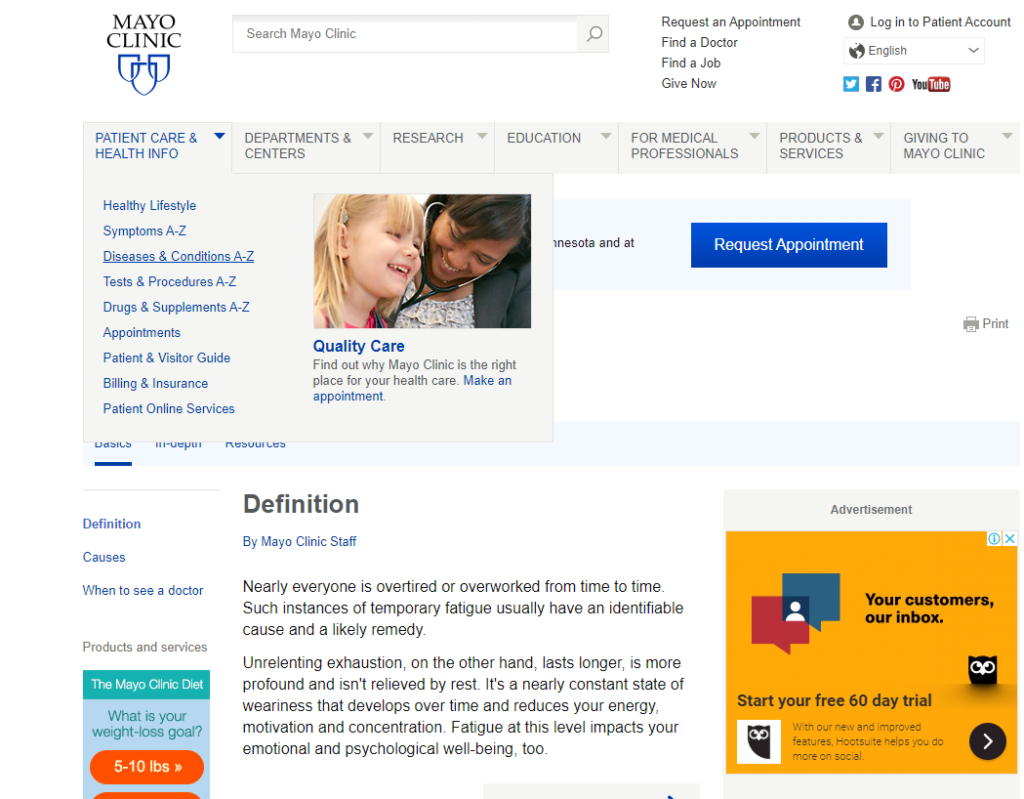
E-commerce affiliate programs offer another monetization avenue. Sites with large audiences like The Wirecutter drive traffic to third-party products via Amazon or other retailers, and receive a percentage of the revenue from sales they refer.
Licensing your content
When you license your content, you let other companies use it in exchange for payment. This approach also is known as “syndicated” content.
The energy drink brand Red Bull, for instance, frequently licenses its content about sporting events to other companies. Licensing not only earns you revenue but also often gets your content into new platforms or channels to reach more people. Being credited by other authoritative sources can expose you to audiences who may have never otherwise come across your brand organically.
Productizing your content
Typically, you offer premium content for your customers in exchange for a fee. They may buy a book, or pay for a subscription, in order to access this additional content. Here at Content Science Review, our subscribers enjoy access to premium reports, toolkits, case studies, videos, Content Science Academy, and much more.
A simple example is to repackage your content marketing into a book. Joe Pulizzi and Robert Rose of Content Marketing Institute, for example, assembled and polished their blog posts to form the top-selling book Killing Marketing. I took a similar approach to The Content Advantage. And BuzzFeed’s food brand, Tasty, has branched out into recipe books, calendars, and much more merchandise.

A more sophisticated example is all those sassy LEGO movies. The movies earn revenue while also boosting sales of LEGO products. Genius!
Monetization Is Earned, Not Given
Now that you see the exciting possibilities for monetizing your content marketing, let’s turn back to a key point. Making your content marketing program scale to the point you can succeed at monetizing is not easy. For one thing, growing the right audience for your content takes time, with consistent creation, promotion, and delivery of content they value in delightful experiences. That introduces all kinds of operational complexities such as figuring out the right process and investing in the right technology and people. And I’m just scratching the surface.
That’s why our content operations maturity model identifies innovating and monetizing as reserved for the most mature programs. To gain some quick insight into your organization’s content operations maturity, take this free short assessment. You’ll get a sense of where your organization stands and opportunities to become more mature.
Events, Resources, + More
5 Secrets of Content Ops Success: Webinar
Learn how the most successful organizations scale and mature content operations. Based on our research with 700+ content leaders and professionals.
The Ultimate Guide to End-to-End Content
Discover why + how an end-to-end approach is critical in the age of AI with this comprehensive white paper.
The Content Advantage Book
Learn more about the much-anticipated third edition of the highly rated book by Colleen Jones. Preorder the electronic version.
Course: Prompting Text Generative AI
Learn how to bring out the full potential of text generative AI to create impactful content from this on-demand course.
20 Signs of a Content Problem in a High-Stakes Initiative
Use this white paper to diagnose the problem so you can achieve the right solution faster.
Upskill with Content Science Academy
Training for modern content roles through on-demand certifications + courses or live workshops.


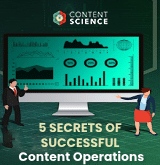
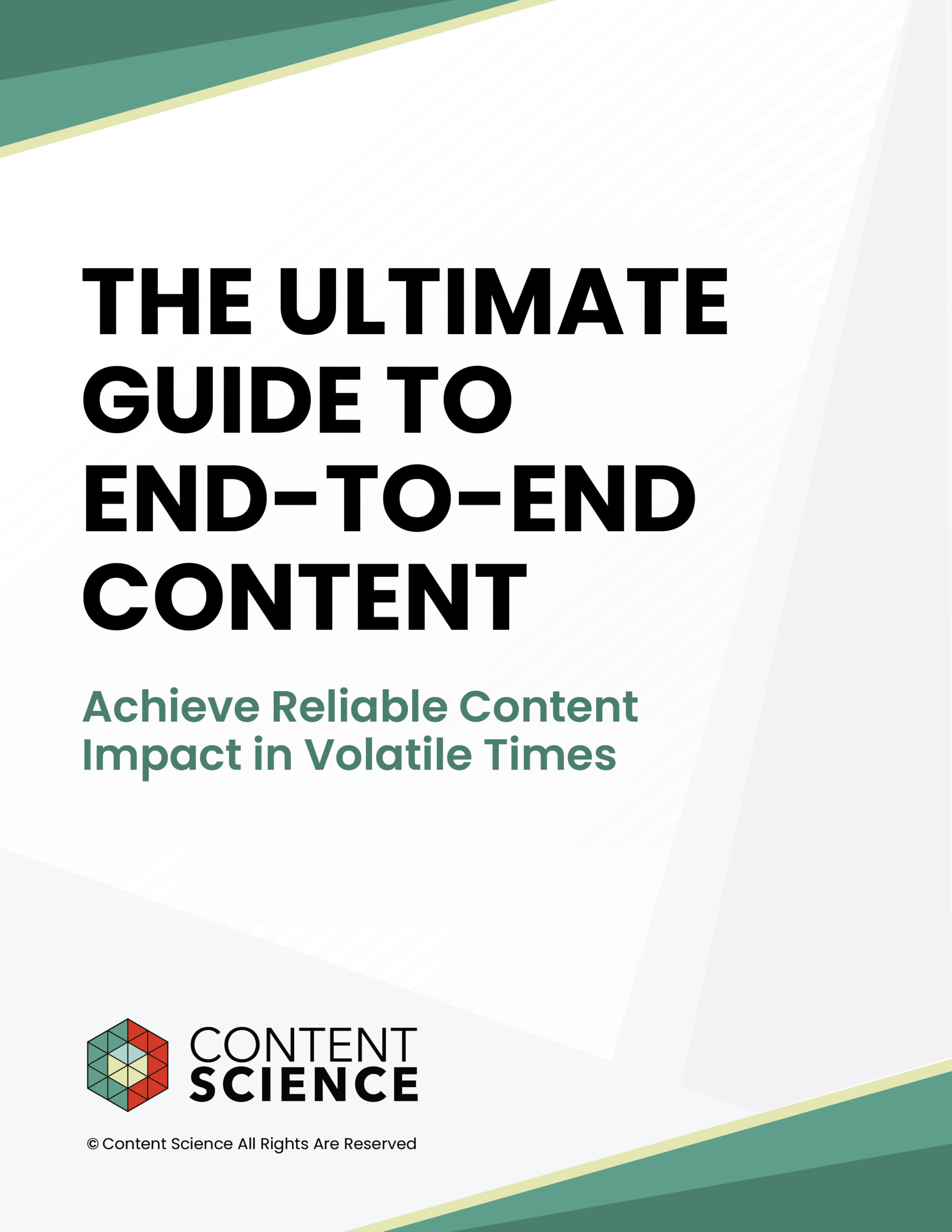
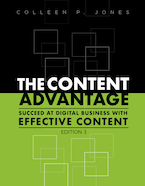
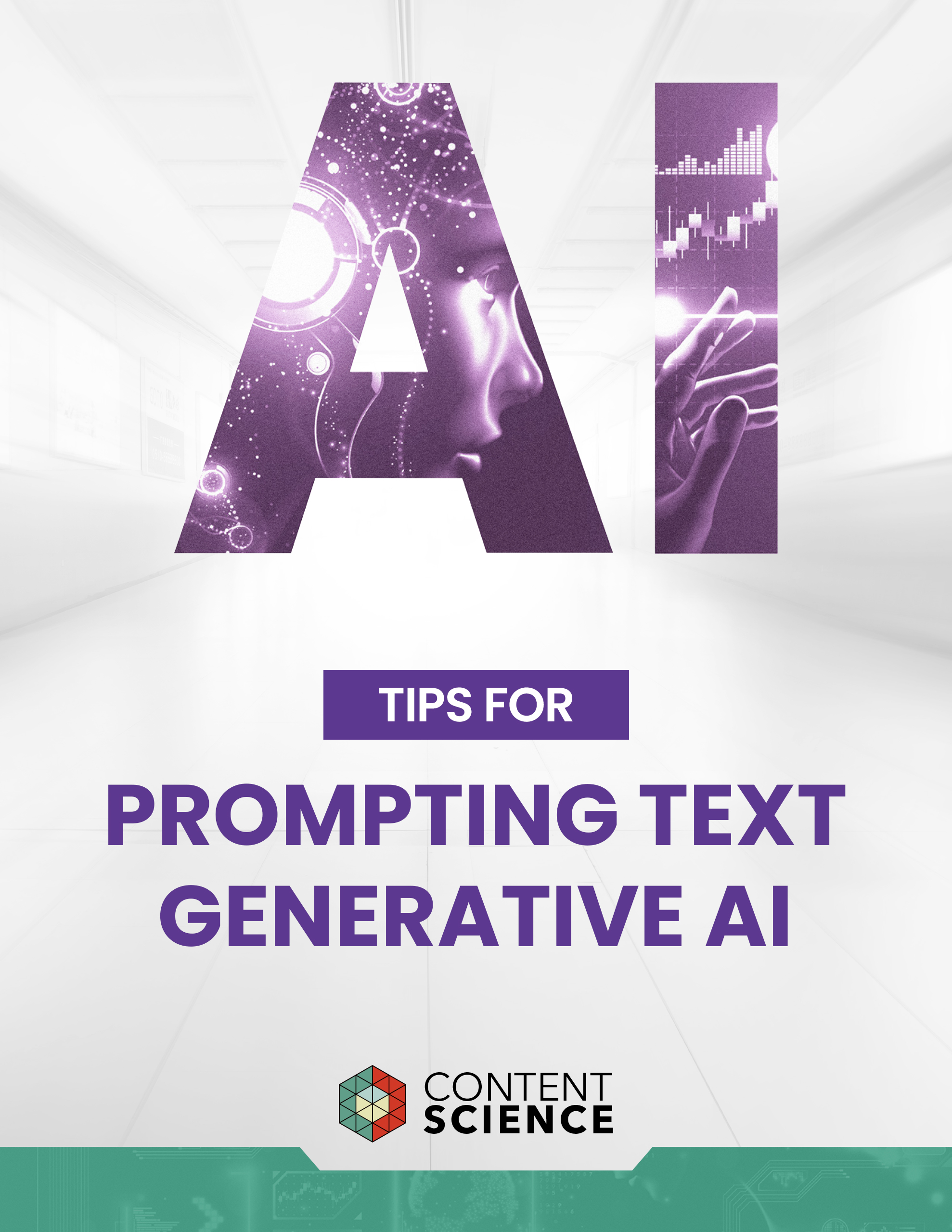
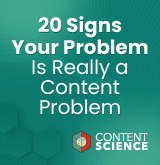

Comments
We invite you to share your perspective in a constructive way. To comment, please sign in or register. Our moderating team will review all comments and may edit them for clarity. Our team also may delete comments that are off-topic or disrespectful. All postings become the property of
Content Science Review.